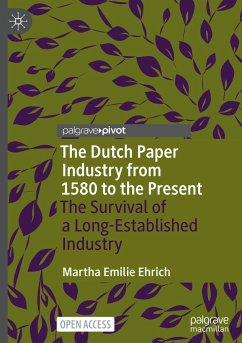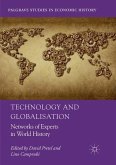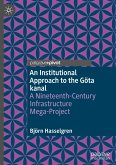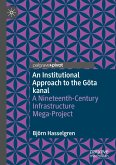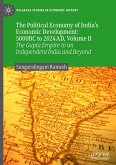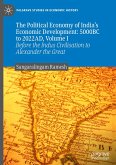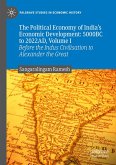This open access book is the first to provide an analysis of the Dutch paper industry over a period encompassing six centuries. Responding to a trend of renewed scholarly interest in paper industries and production, the book seeks to illuminate the factors behind this relatively small national industry's centuries-long survival.
Previous historical research has shown that sets of colonial, trade, merchant and family networks, tightly interwoven through a dense web of capital, were crucial for paper production and trade in early modern Europe. This book situates the Dutch paper industry within these overlapping contexts and their shifting dynamics over time, and historicizes the challenges and obstacles it had to overcome through four phases of capitalism: the rise of Dutch capitalism (1580-1815), Dutch monarchic liberalism (1815-1914), Fordism (1914-1980), and post-Fordism (1980 until now). Each chapter covers not only technological advancements in the industry, but its development alongside further determining dimensions, such as state-industry relations (industry policies), labour-capital relations (unions) and competition and cooperation, overall painting a picture of how the industry adapted to and endured changes in national and global networks surrounding the industry. This book will be of broad interest to scholars of economic and business history, as well as industrial history, political economy, and management studies.
"This publication was supported by funds from the Publication Fund for Open Access Monographs of the Federal State of Brandenburg, Germany."
Previous historical research has shown that sets of colonial, trade, merchant and family networks, tightly interwoven through a dense web of capital, were crucial for paper production and trade in early modern Europe. This book situates the Dutch paper industry within these overlapping contexts and their shifting dynamics over time, and historicizes the challenges and obstacles it had to overcome through four phases of capitalism: the rise of Dutch capitalism (1580-1815), Dutch monarchic liberalism (1815-1914), Fordism (1914-1980), and post-Fordism (1980 until now). Each chapter covers not only technological advancements in the industry, but its development alongside further determining dimensions, such as state-industry relations (industry policies), labour-capital relations (unions) and competition and cooperation, overall painting a picture of how the industry adapted to and endured changes in national and global networks surrounding the industry. This book will be of broad interest to scholars of economic and business history, as well as industrial history, political economy, and management studies.
"This publication was supported by funds from the Publication Fund for Open Access Monographs of the Federal State of Brandenburg, Germany."

